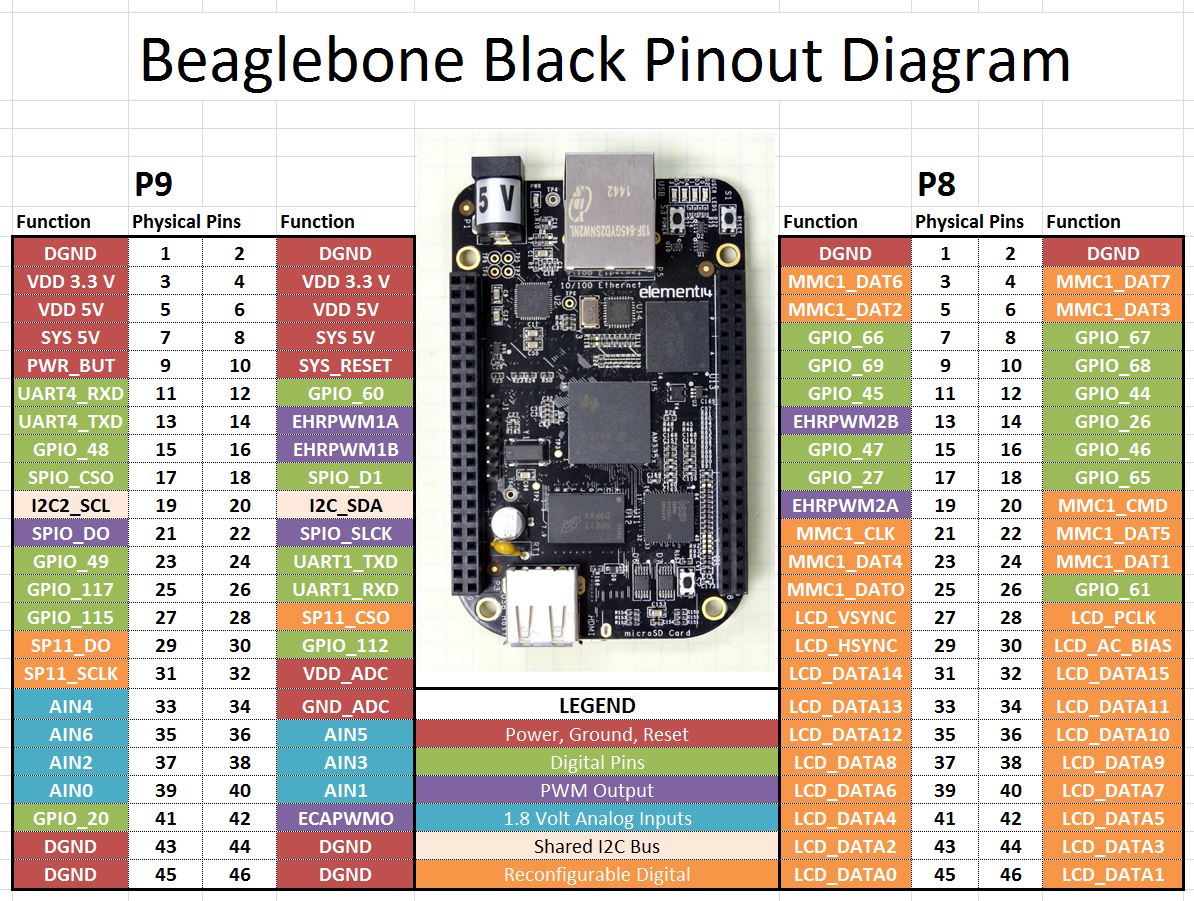04/26/2103. From a lecture by Professor John Ousterhout at Stanford, class CS142.
This is my most touchy-feely thought for the weekend. Here’s the basic idea: It’s really hard to build relationships that last for a long time. If you haven’t discovered this, you will discover this sooner or later. And it's hard both for personal relationships and for business relationships. And to me, it's pretty amazing that two people can stay married for 25 years without killing each other.
[Laughter]
> But honestly, most professional relationships don't last anywhere near that long. The best bands always seem to break up after 2 or 3 years. And business partnerships fall apart, and there's all these problems in these relationships that just don't last. So, why is that? Well, in my view, it’s relationships don't fail because there some single catastrophic event to destroy them, although often there is a single catastrophic event around the the end of the relation




